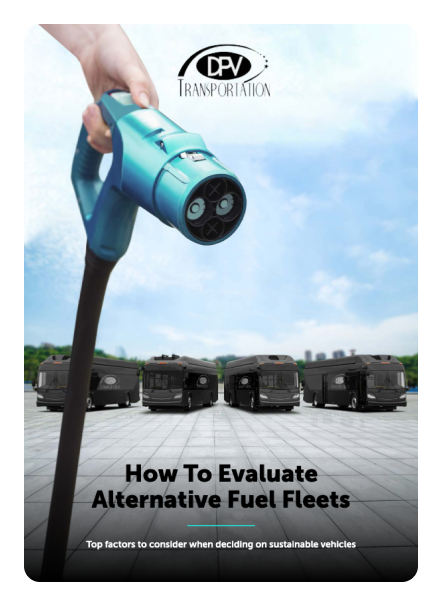Greetings, eco-conscious readers! Let’s talk about transportation sustainability and why it’s time to prioritize eco-friendly commuting and transportation practices.
We all know that transportation is a vital aspect of modern life, allowing us to move freely from one location to another. But did you know that transportation is also a significant contributor to greenhouse gas emissions? That’s right! The impact of transportation on our planet cannot be ignored, and it’s only getting worse with time.
So, here are four compelling reasons why sustainable transportation must be a priority:
1. Mitigating Carbon Footprint
By prioritizing sustainable transportation practices like employee transportation or company commuting services such as public transit, biking, walking, and ride-sharing, we can effectively reduce our carbon footprint and combat global warming. Encouraging sustainable transportation practices in the workplace can also decrease the number of cars on the road, reducing traffic congestion and improving air quality for everyone.
2. Alleviating Traffic Congestion and Air Pollution
Cities worldwide are struggling with severe traffic problems that adversely affect the health and well-being of residents. Encouraging Eco-friendly transportation modes can help reduce the number of cars on the road, reducing traffic congestion and air pollution. Environmentally conscious transportation options like public transit, commuter services, biking, walking, and ride-sharing can help to alleviate traffic congestion and improve air quality, promoting healthier living conditions.
3. Economic Benefits
Investing in sustainable transportation practices is not only good for the environment, but it can also be beneficial for the economy. According to the American Public Transportation Association (APTA), for every $1 billion invested in public transportation, approximately 50,000 jobs are created. This includes jobs in construction, manufacturing, operations, and maintenance of transit systems. Furthermore, these jobs tend to be more stable and pay better than jobs in other industries.
In addition to creating employment opportunities, sustainable transportation investments can also stimulate economic growth. A study by the International Labour Organization (ILO) found that investing in sustainable transportation could lead to economic benefits of up to $3.7 trillion by 2030. This is because sustainable transportation can reduce transportation costs, increase productivity, and create new market opportunities.
Another significant benefit of investing in sustainable transportation is that it helps reduce our dependence on fossil fuels. According to the United Nations, transportation is responsible for approximately 20% of global carbon emissions, with cars and trucks being the biggest contributors. By shifting to more sustainable modes of transportation, such as public transit, biking, or walking, we can reduce our reliance on fossil fuels and cut down on greenhouse gas emissions.
4. Safeguarding Natural Resources and Protecting the Planet
Prioritizing sustainable transportation is crucial for safeguarding natural resources and protecting the planet for future generations. By reducing our dependence on non-renewable resources, we can ensure their availability for future generations. Moreover, by curbing pollution and greenhouse gas emissions, we can protect ecosystems and biodiversity that are vital to sustaining a healthy planet.
Transportation Sustainability at DPV
At DPV, we are committed to promoting sustainable transportation options like electric vehicles, shuttle programs for employees, and alternative fuels. Our dedication to sustainability means that when you choose DPV, you are supporting a company dedicated to building a more sustainable future.
In conclusion, it’s time to prioritize sustainable transportation practices for the sake of mitigating climate change, reducing traffic congestion and air pollution, fostering economic growth, and protecting the planet for future generations. We all have a role to play in promoting green transportation options and reducing our environmental impact.
Let’s work together to build a more sustainable future!


